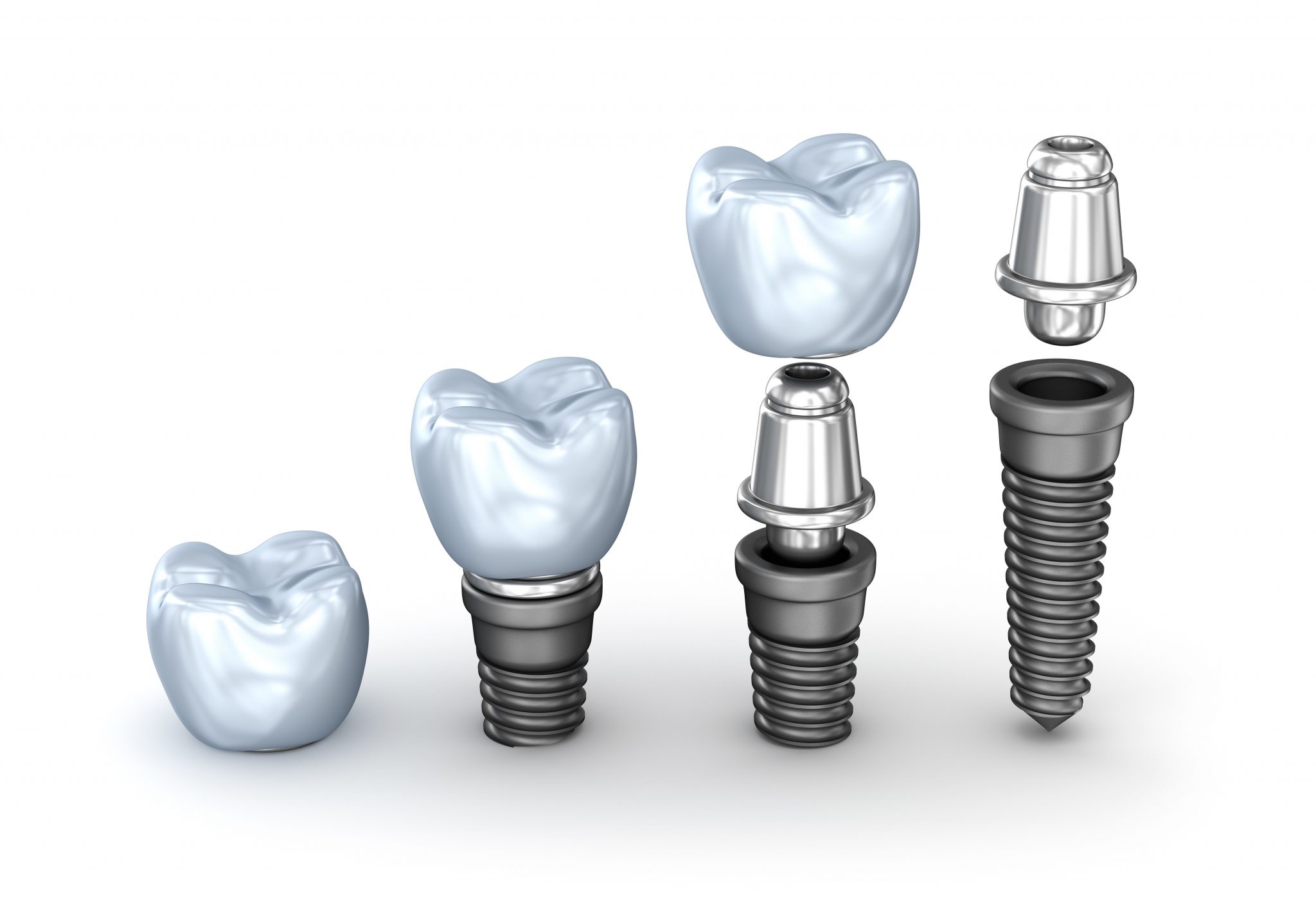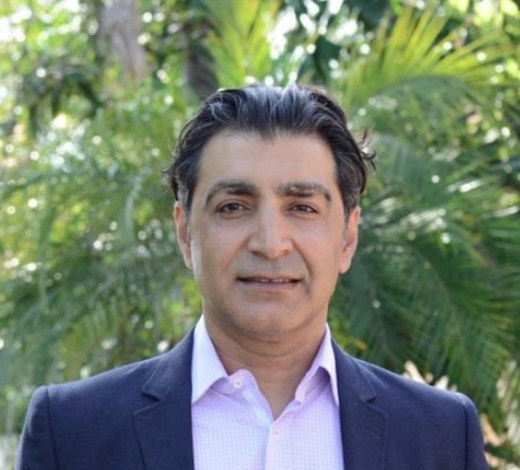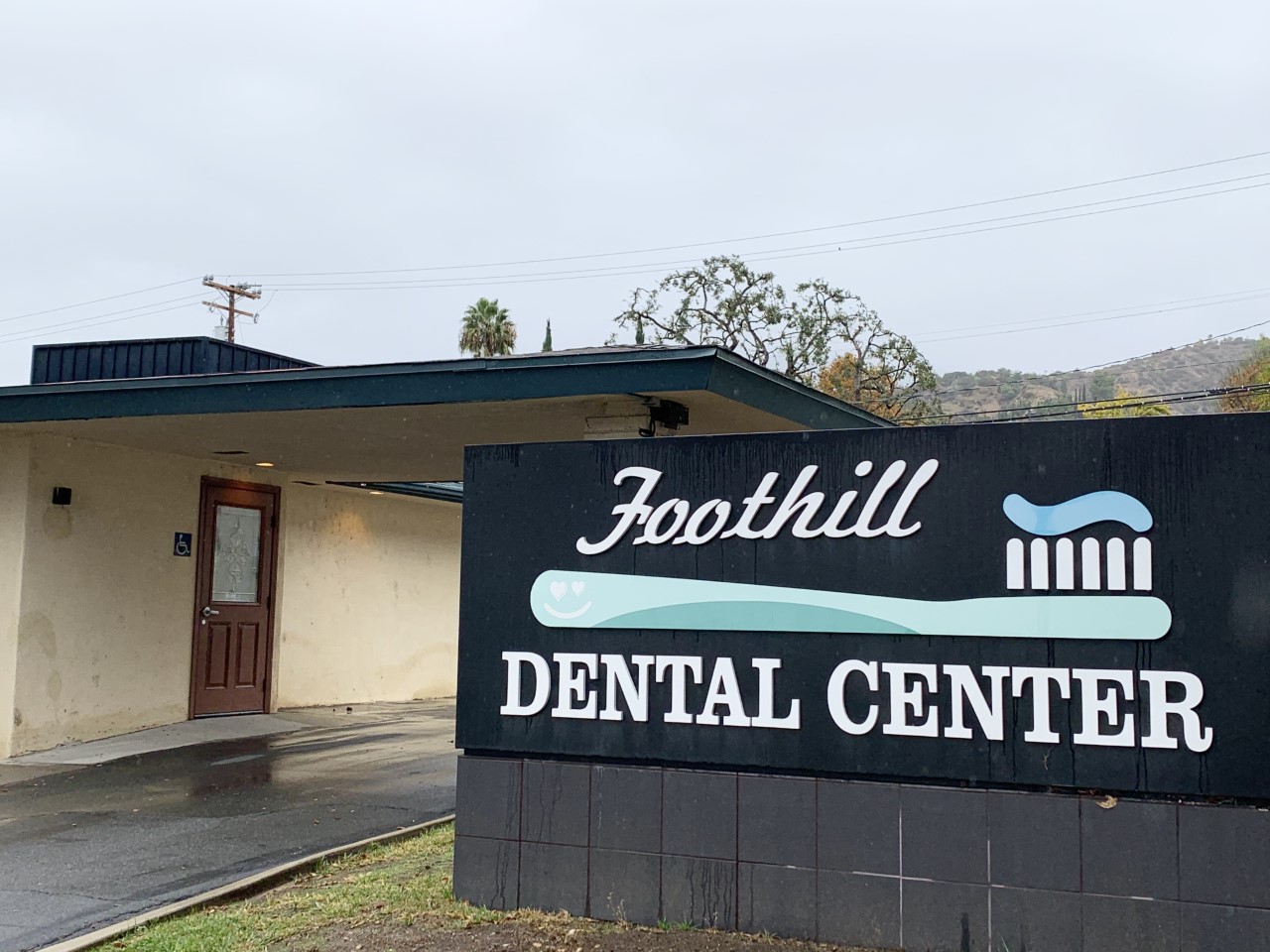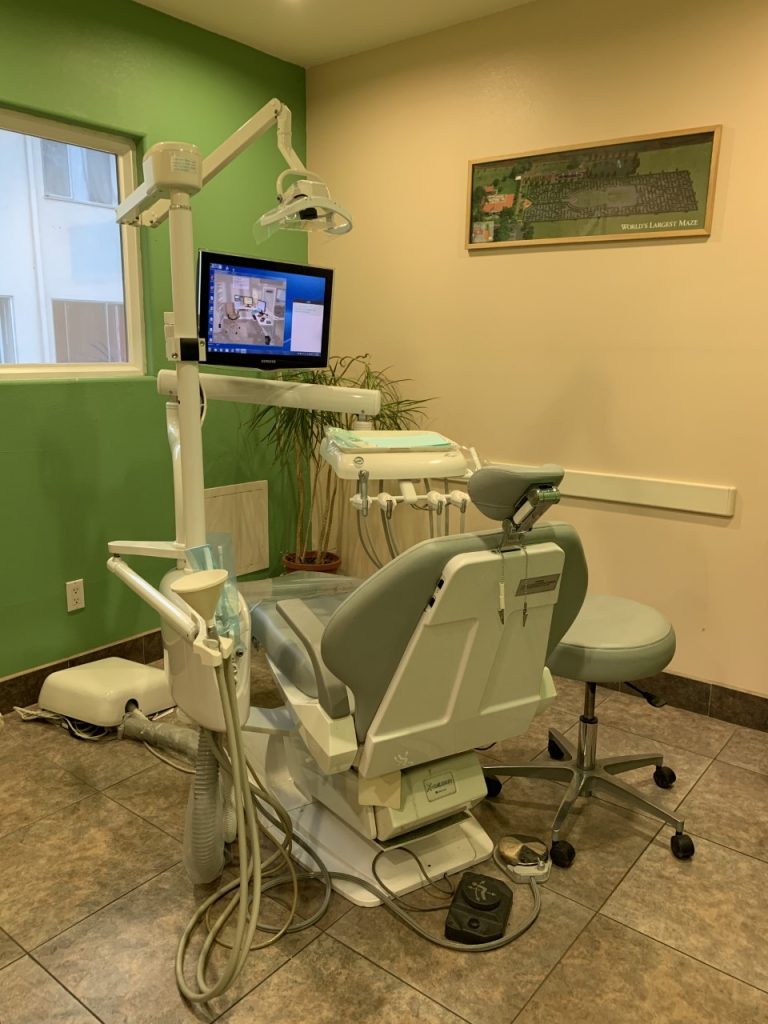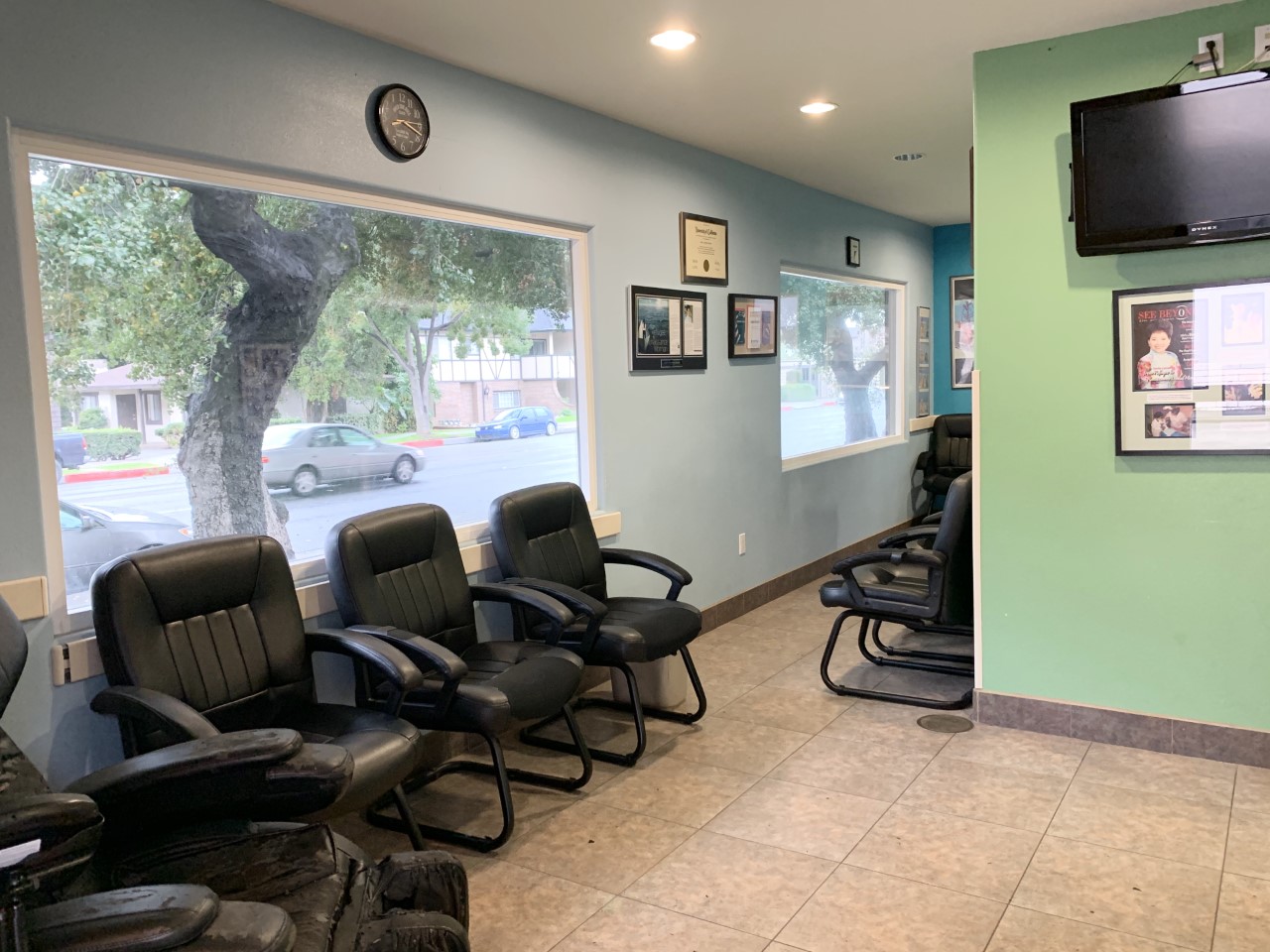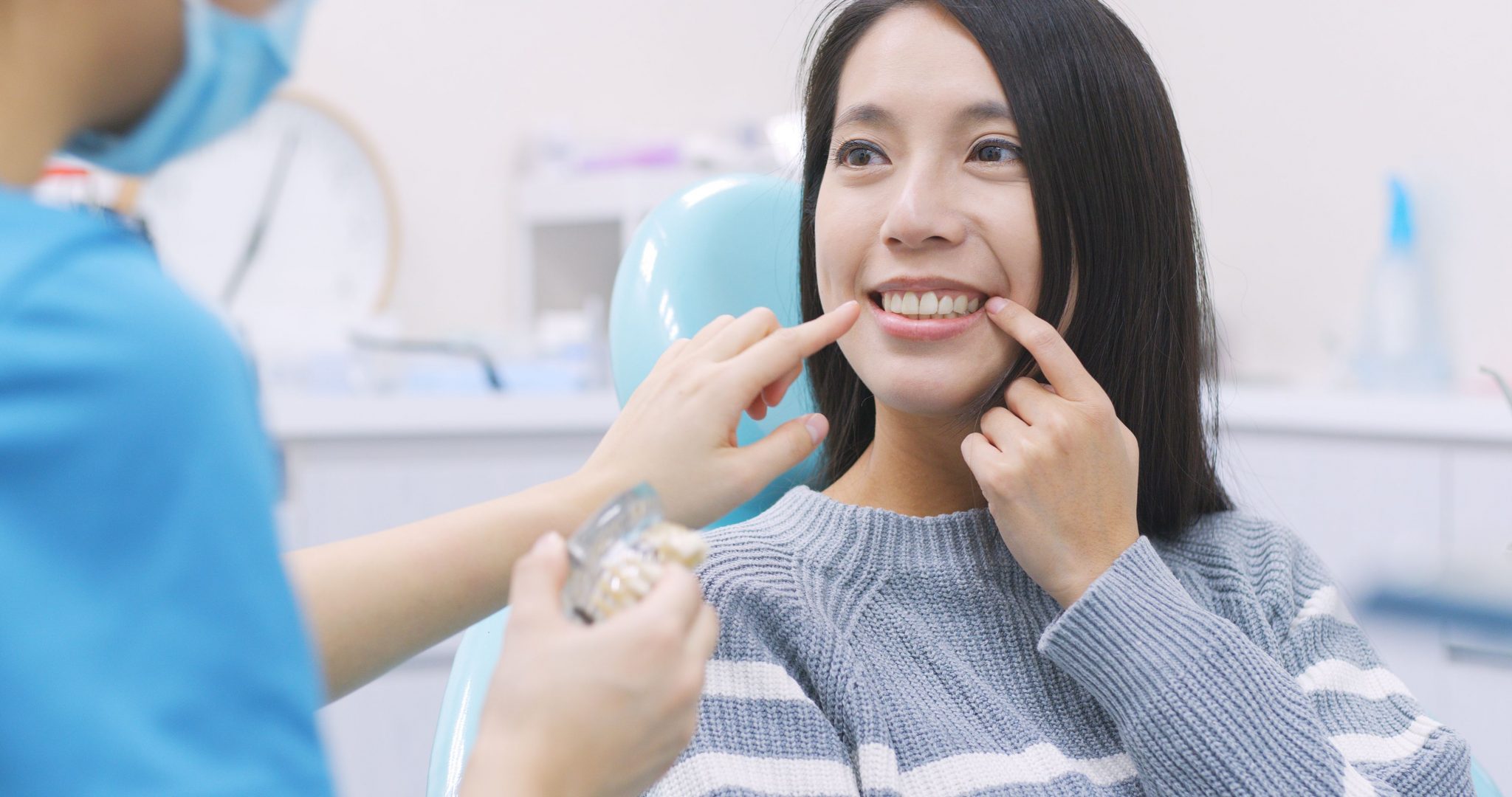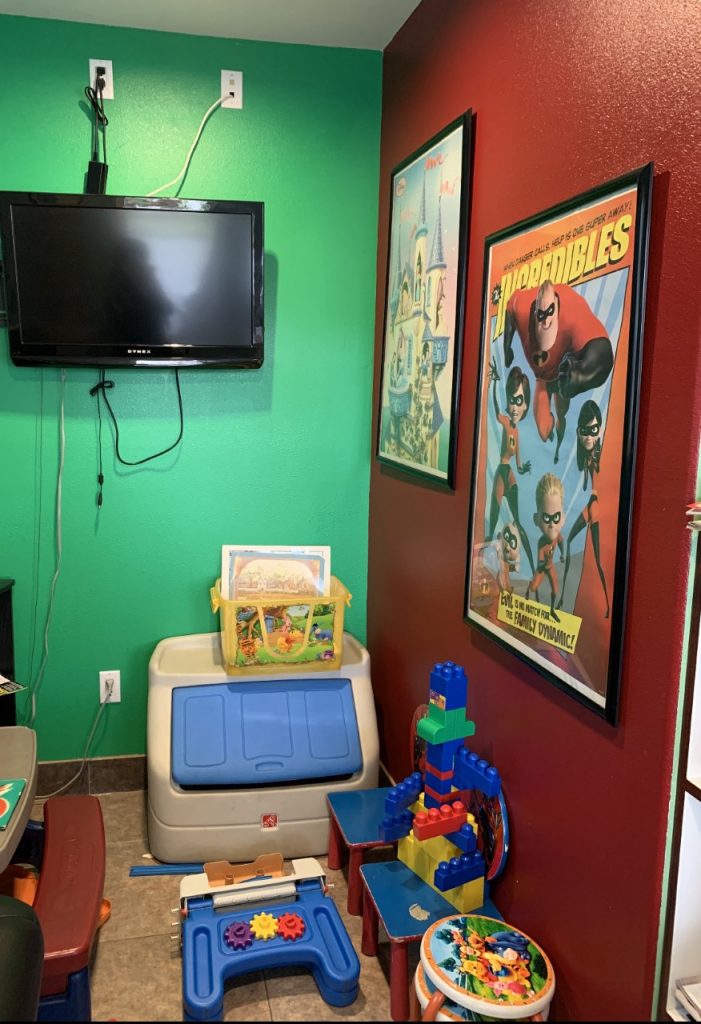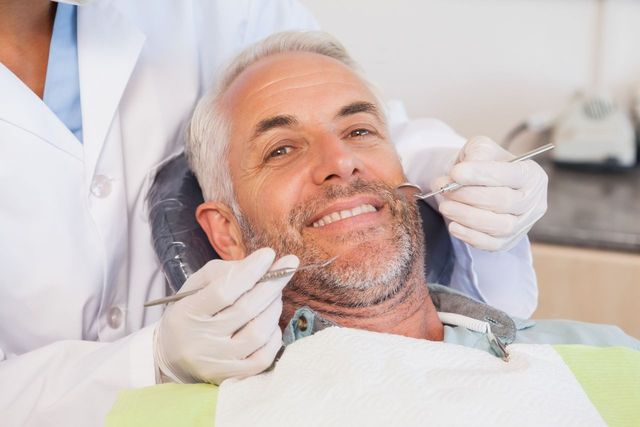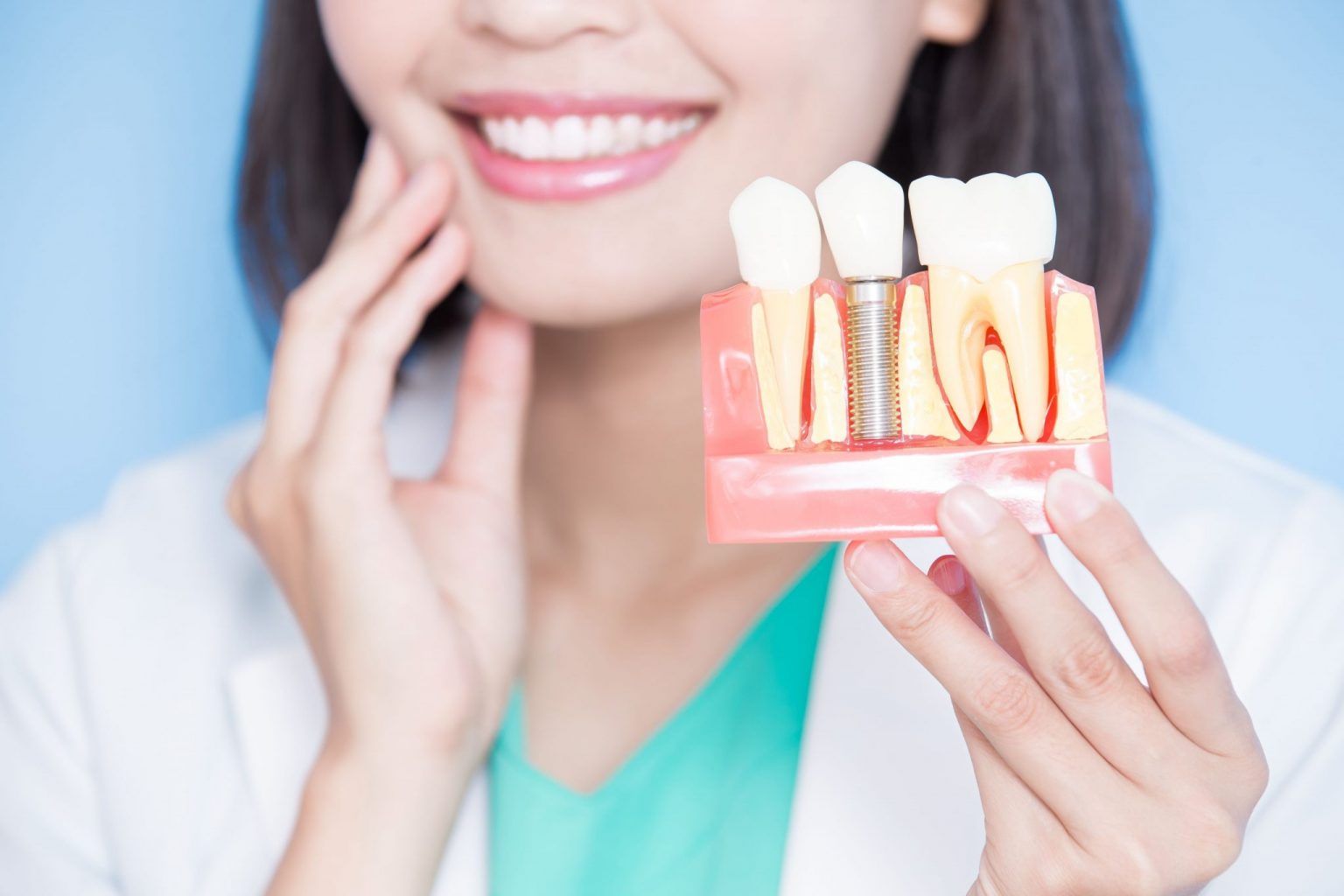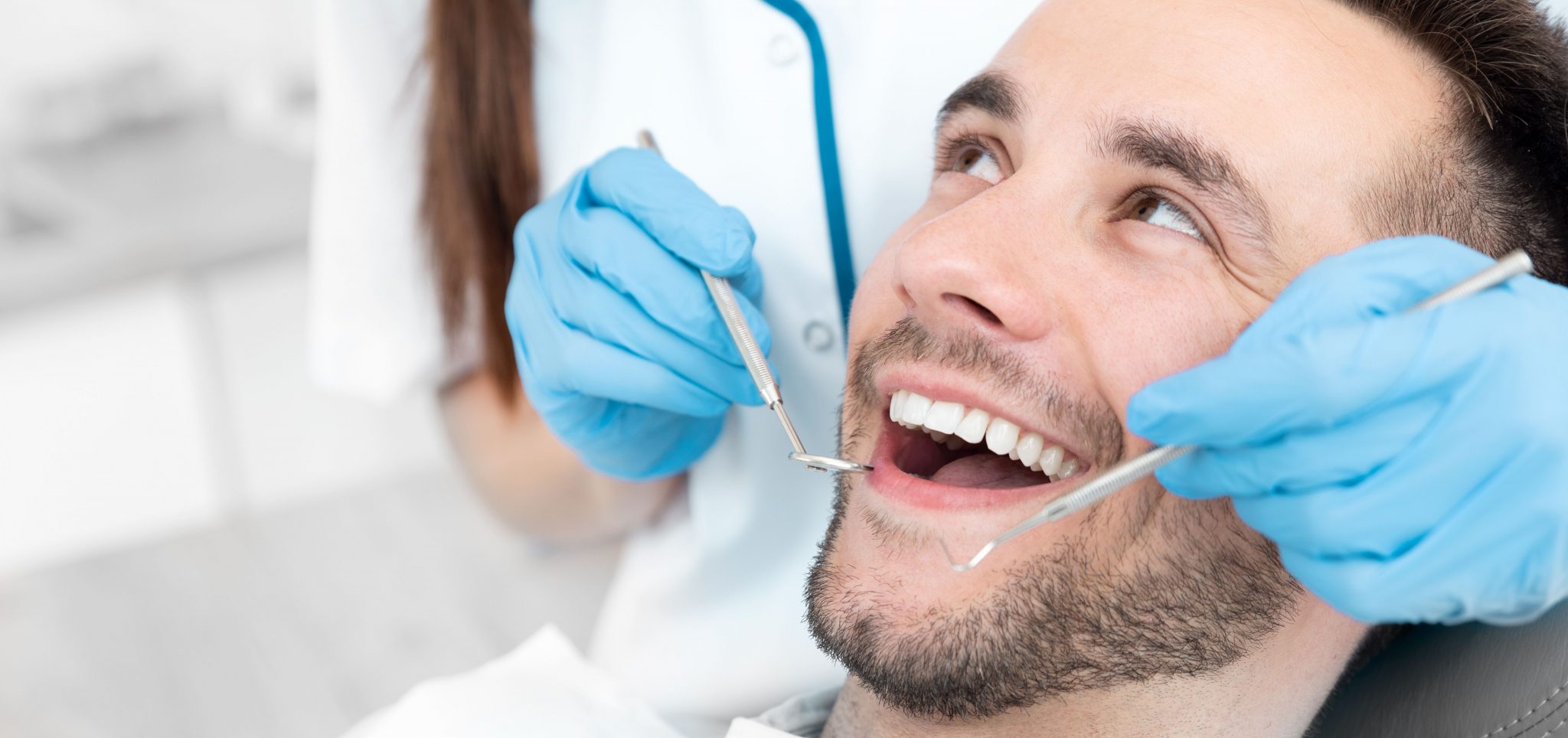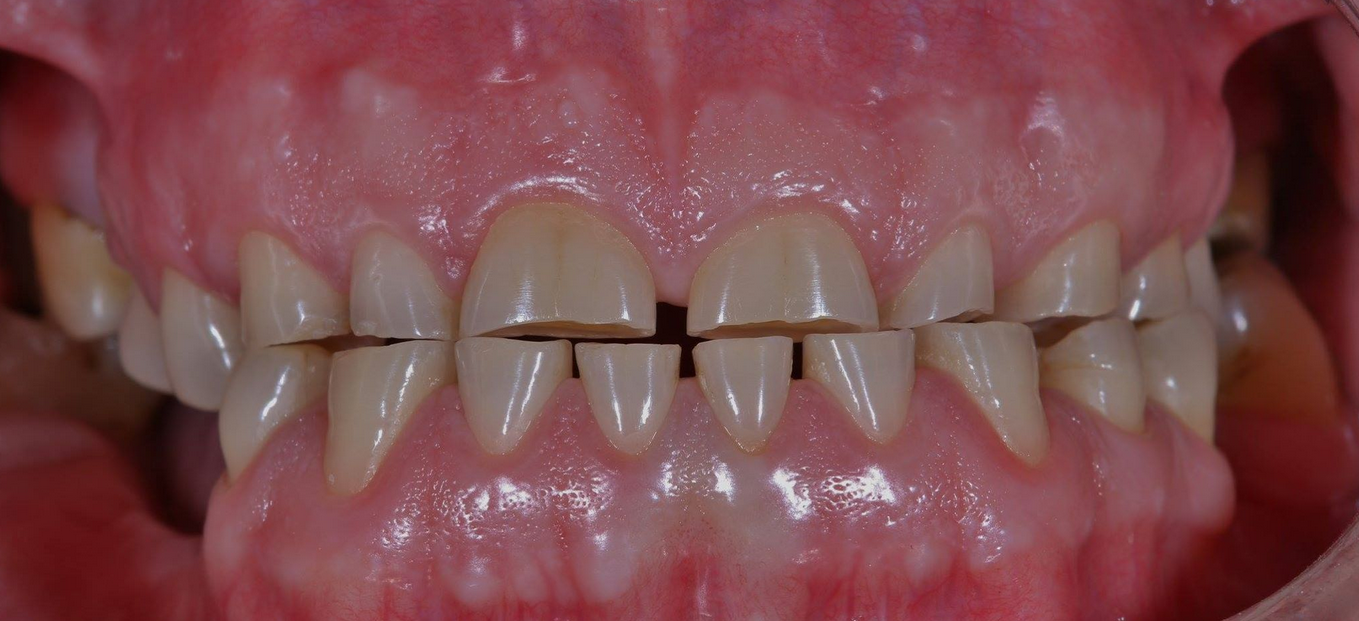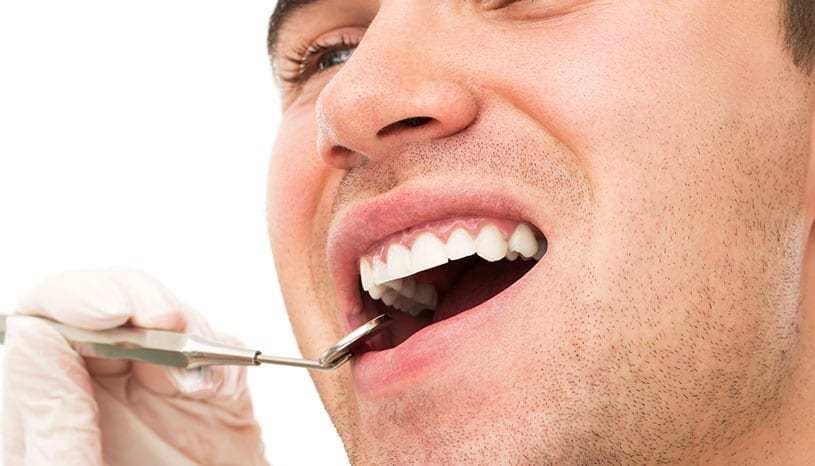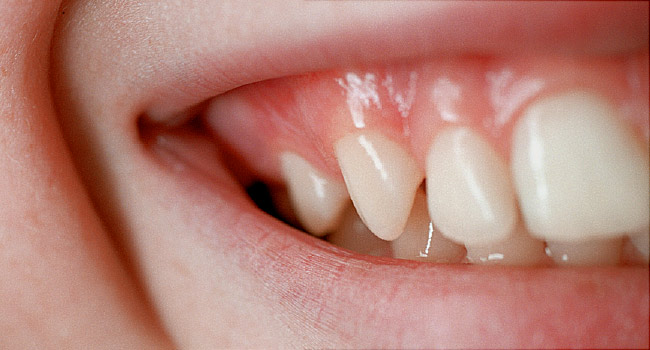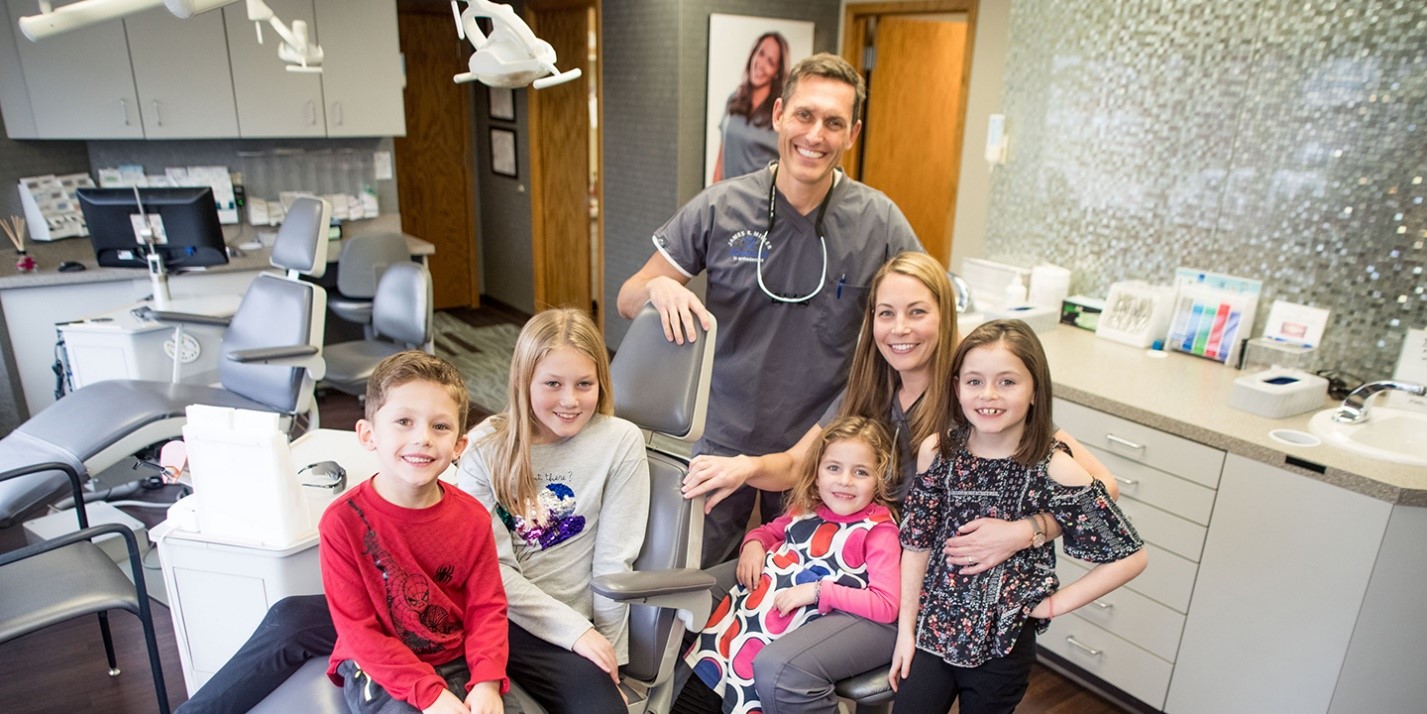Oral health is extremely important for many reasons. If patients suffer from gum disease, cavities, or bad breath this can cause issues with your teeth and mouth. Our mouths are a pathway for bacteria to enter the body. The bacteria are able to enter the blood stream, and this can also cause infection or inflammation in other parts of our body.
Taking good care of your teeth and mouth can keep your body healthy, and can also help avoid serious issues in the future. At Foothill Dental Center in Monrovia, CA, we encourage our patients to practice good oral hygiene habits at home. We also promote overall health and wellness. Our team cares about each patient, and keeping up with your oral health not only can keep your teeth and mouth feeling great, but your body feeling great also.
What Problems Can Occur From Poor Oral Health?
Respiratory Infections
If you have infected or inflamed gums that bacteria can transfer into the lungs. This can lead to respiratory infections, pneumonia, or even bronchitis.
Dementia
Inflamed gums can release substances that are harmful to our brain cells. This can lead to memory loss that is a result of bacteria spreading to the nerves.
Cardiovascular Disease
If you have poor oral health you are at risk for cardiovascular disease. The bacteria from the infected gums enters the bloodstream, and can cause the arteries to build up plaque. This can put you at risk for a heart attack.
Prostate Problems
If men suffer from periodontal disease they may have prostatitis. This condition causes irritation and other prostate related problems.
Diabetes
Diabetics are more likely to have infected gums over those that do not have diabetes. This can make diabetes difficult to control due to unregulated blood sugar levels. Gum disease can lead to higher blood sugar levels and this can put a person at risk for developing diabetes.
Infertility
Poor oral health and infertility in women are linked. If a woman suffers from gum disease this can lead to issues with infertility, and may make it difficult for a woman to conceive or have a healthy pregnancy.
Cancer
Poor oral health can put patients at risk for kidney cancer, pancreatic cancer, or blood cancer. In addition if patients smoke or use tobacco products this can lead to oral or throat cancers.
Rheumatoid Arthritis
People who have gum disease are more likely to have Rheumatoid Arthritis. The bacteria in our mouths can increase inflammation in the body, and this increases the risk for developing Rheumatoid Arthritis.
Kidney Disease
Kidney disease is a health problem that affects the kidneys, heart, bones, and blood pressure. Periodontal disease can lead to kidney disease. Patients with gum disease typically have weaker immune systems, and this can make them susceptible to infection. Many patients that have poor oral health also have kidney disease, and this can lead to kidney failure if not treated.
How Can I Prevent These Health Issues?
In order to prevent serious health issues caused by bad oral health habits you must take care of your oral health. Scheduling regular dental exams in our office can help keep your teeth and gums clean, and get in front of any issues before they arise. Dr. Shahram Valiani’s friendly Monrovia dental team always put our patients first, and complete a thorough exam of your teeth and mouth to ensure everything is looking and feeling great. If we do have concerns, we will discuss those with you and develop a customized treatment plan to take care of any issues right away.
Tips for Good Oral Hygiene
- Brush and floss your teeth daily
- Avoid smoking or using any tobacco products
- Use mouthwash that contains fluoride
- Try and stay away from food and drinks that contain lots of sugar
- Eat a well-balanced diet
- Exercise and take care of your overall health
If you take care of your oral health, you take care of your body. Good oral hygiene can help prevent problems such as gingivitis or periodontal disease, as well as prevent more serious health issues in your body.
Looking for a Family Dentist Near You?
At Foothill Dental Center, we provide the highest level of dental care for patients of all ages. We welcome all new patients, and use state of the art technology to ensure our patients have an exceptional experience when visiting our office. If you are looking for a dentist near you, contact our dental office in Monrovia, CA to schedule your next dental exam and our friendly staff will be happy to assist you!


